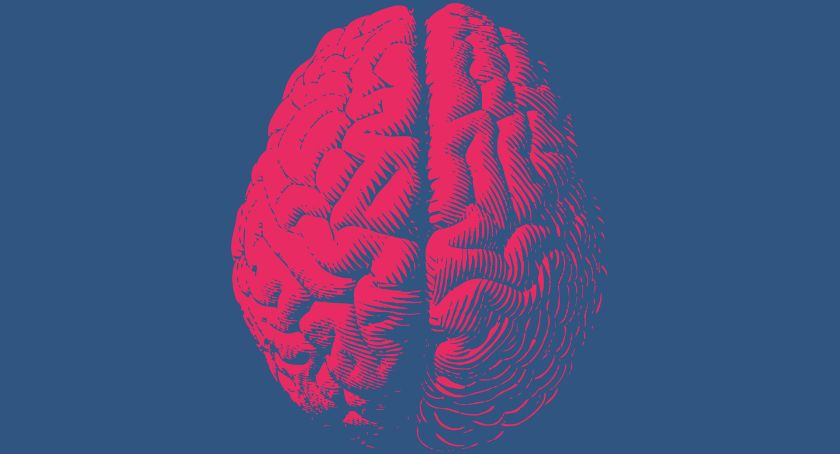Research
Paraxanthine Improves Markers of Cognition and Memory in Animal Study
The metabolite of caffeine, marketed as Enfinity by TSI Group, induced greater biomarker changes than caffeine in both older and younger rats.

By: Mike Montemarano

Photo: jolygon | Adobe Stock
Supplementation with paraxanthine appeared to induce greater changes in biomarkers related to cognition and memory compared to caffeine in both older and younger rats, according to an in vivo study published in Experimental Research.
The research utilized Enfinity, a branded paraxanthine (PX) ingredient marketed by TSI Group, Ltd. The research follows human clinical studies, and sought out a potential mechanism of action for the cognitive benefits evidenced by those prior clinical trials.
“We are excited about the continued paraxanthine research, and about bringing this effective and well-tolerated ingredient to consumers,” said Larry Kolb, president of TSI Group. “It is opening huge opportunities in the functional beverage and energy space.”
Four human clinical studies and other preclinical work indicates that supplementing with Enfinity may increase measures of cognition, memory, reasoning, response time, and sustained attention. It’s also less bitter and easier to formulate with caffeine, and appears to come with less of caffeine’s unwanted side effects like jitters or crashes.
The present animal study was inspired by the need to discover the mechanism of action of PX, noted Shawn Wells, MPH, RD, LDN, CISSN, FISSN, Enfinity partner. “Additionally, aging is associated with a decline in cognitive function, including reduced neurotransmitter synthesis and receptor activity. To investigate the potential effects of aging on cognitive performance, we included both young and old animals in this study.”
Researchers compared the effects of both paraxanthine and caffeine in two different doses of each, in young and old rats. A control group was also used.
According to biomarker analysis, PX offered greater improvement in measures of oxidative stress like catalase and glutathione, indicators of long-term brain health like beta-amyloid, and neurotransmitters like acetylcholine, dopamine, and GABA, according to Ralf Jäger, PhD, FISSN, CISSN, MBA, Enfinity partner.
PX supplementation also led to significantly higher levels of brain-derived neurotrophic factor (BDNF), a protein essential for neuroplasticity, which enhances the brain’s ability to rapidly switch between tasks.
“The data suggest that caffeine’s effect on BDNF may be dependent on paraxanthine, as 70% of caffeine is metabolized into PX,” said Wells. “This is critical to our understanding of Enfinity’s cognitive benefits. The increase in BDNF provides a potential mechanism of action for the observed benefits in the human study, improving cognitive function under challenging conditions by enhancing neuroplasticity.”
Jäger said that these benefits were observed in both young and old rats. “Aging leads to cognitive impairment, known as age-related cognitive decline. Since cognition is no longer at its peak in older individuals, they are an ideal subject group for studying potential improvements. However, in younger individuals, cognition is already excellent, so seeing significant improvements on top of an already well-functioning system is quite surprising.”




















